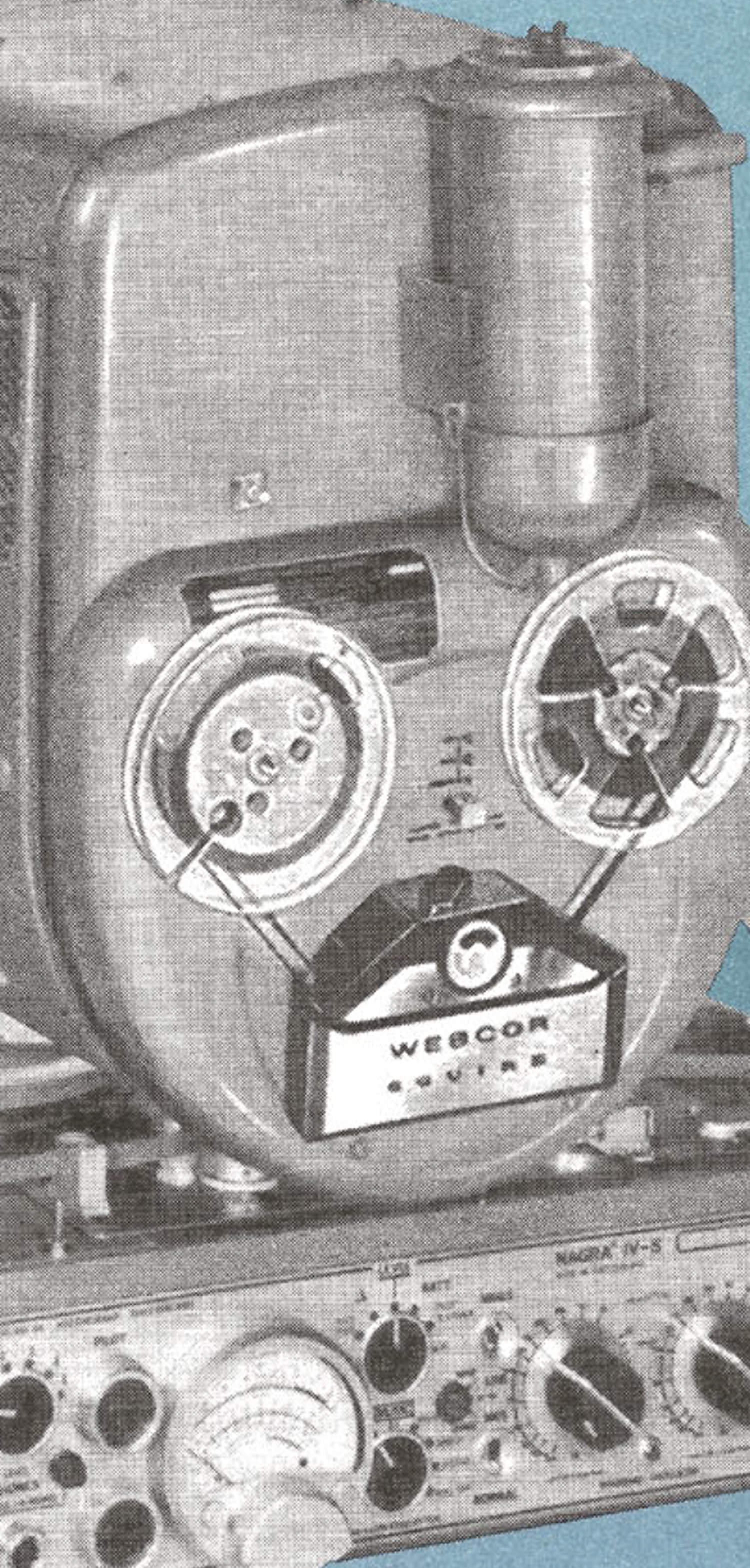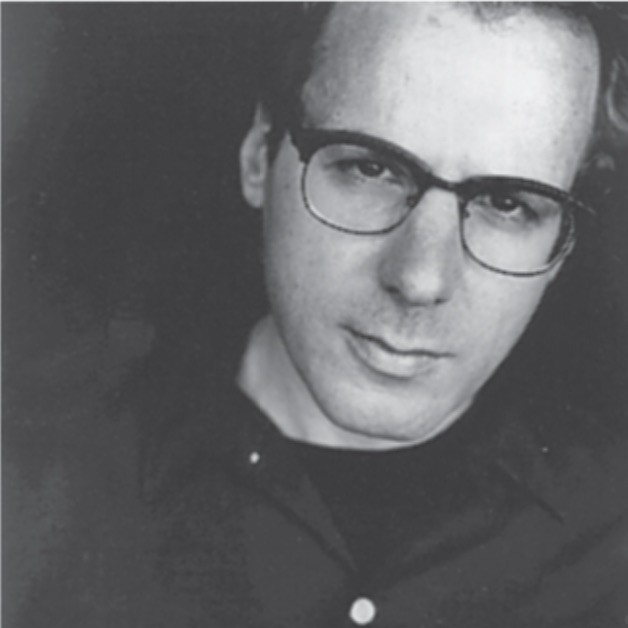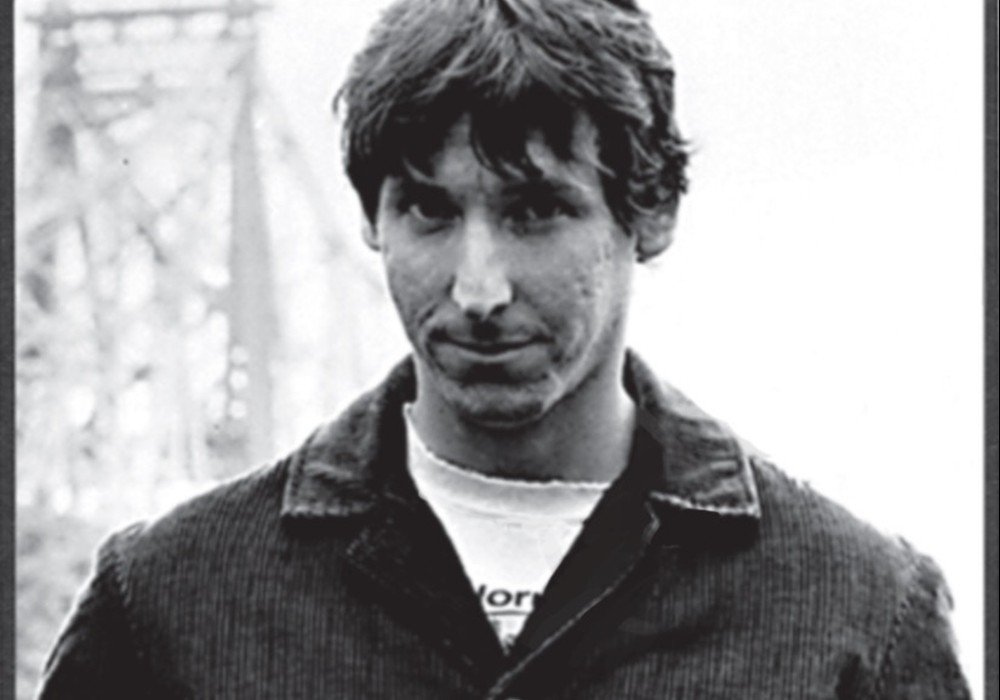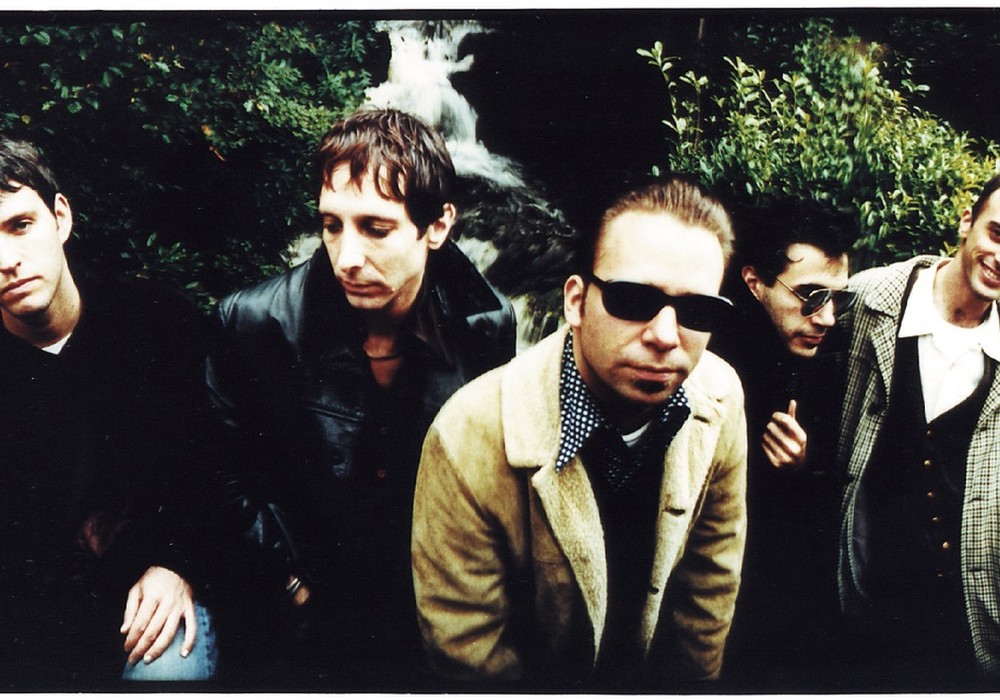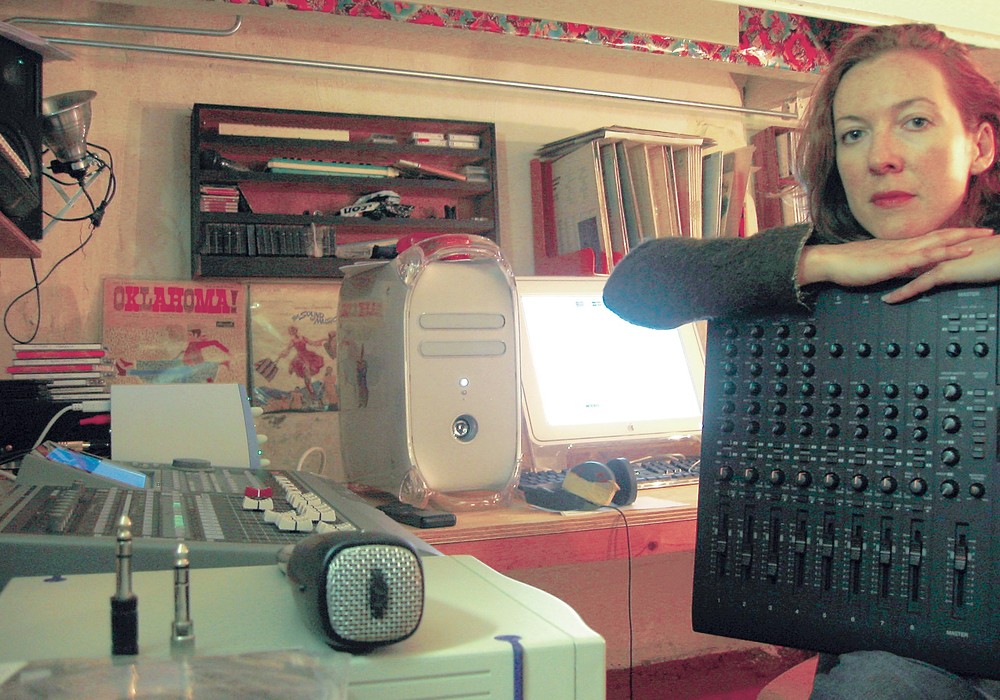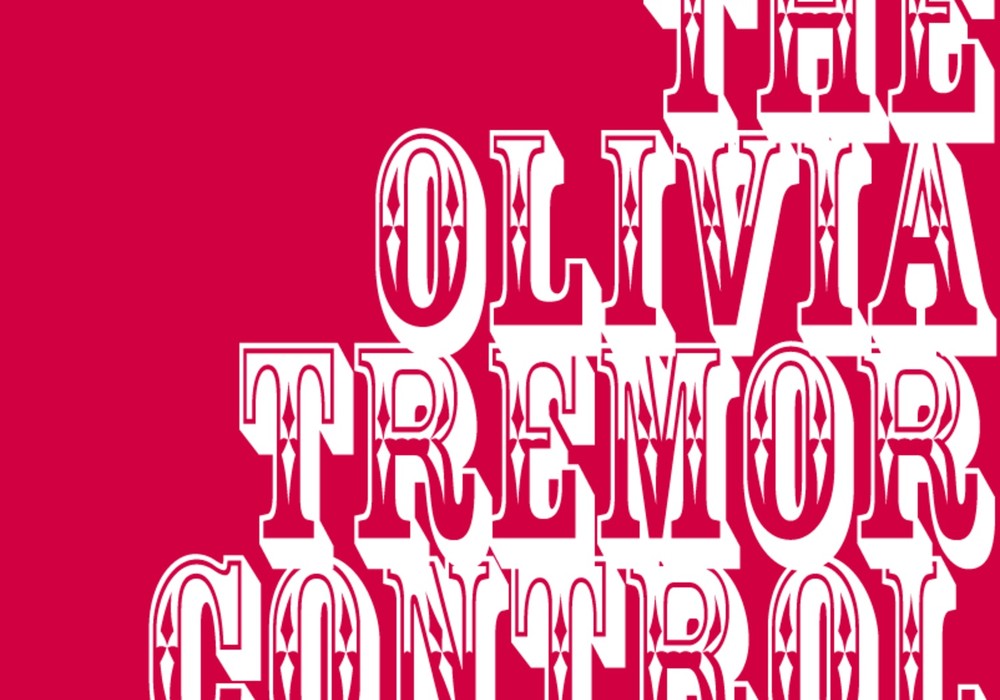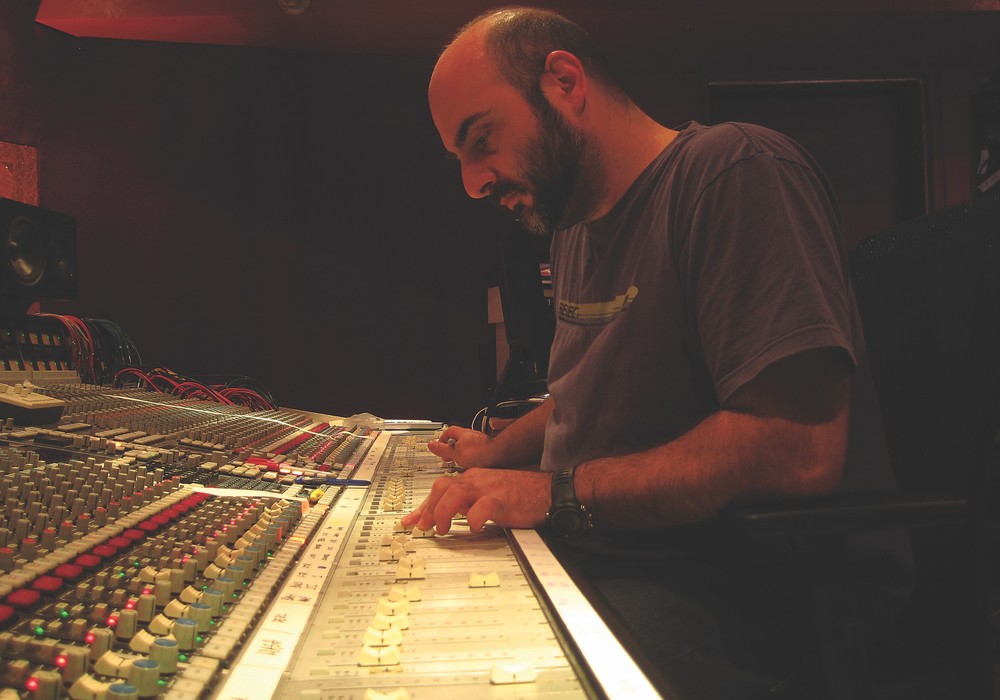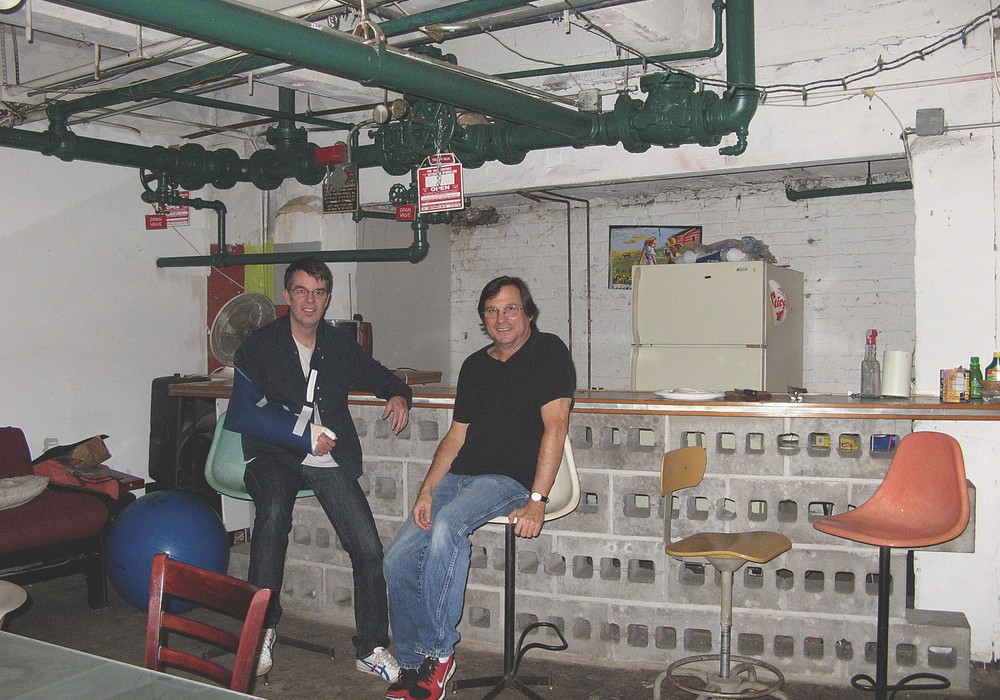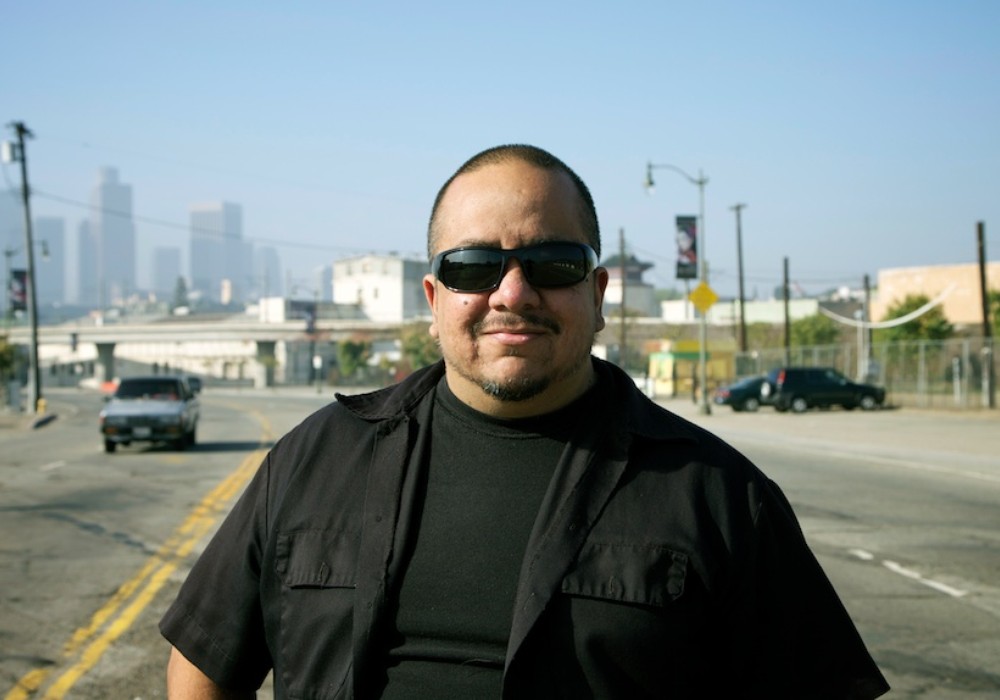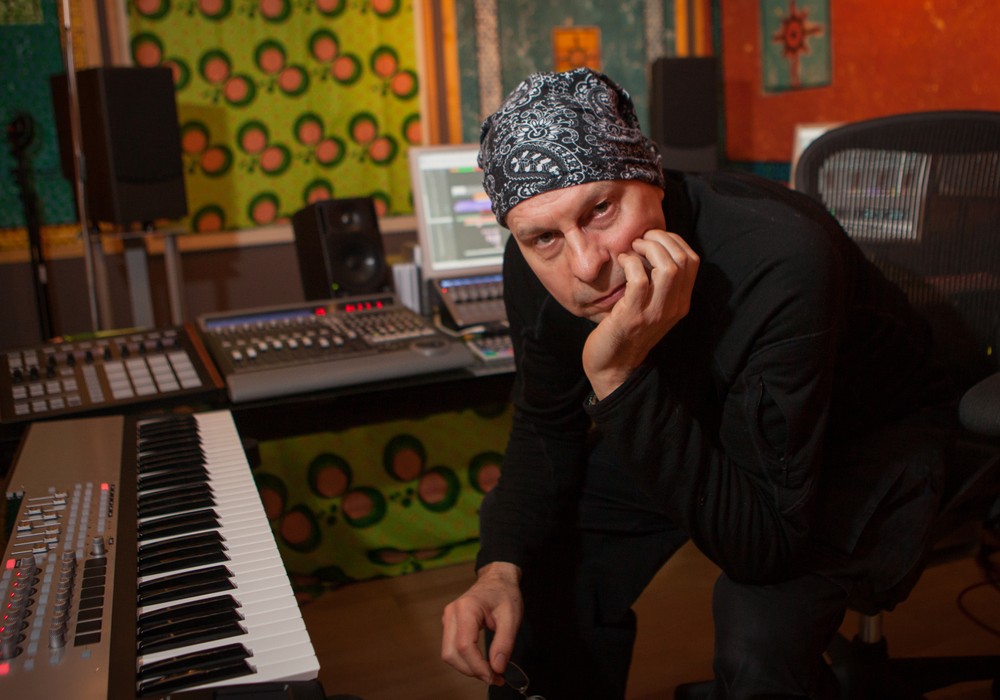One time I went to see Romeo Void (remember them?) at the California State Fair here in Sacramento. It turned out that they were opening for a band called Gamma, which was Ronnie Montrose's new project and was only him and some electronics/keyboards guy named Mitchell Froom. This was all way before MIDI by the way. Well, Sacramento is a cool town in a lot of ways, but we've got an overly high share of white-trash trailer park meth lab types here, and I'm pretty sure they were all in attendance at this show. I really felt sorry for Romeo Void because the crowd kept yelling, "Moooontrooooose," really loudly and "You guys suuuuck," in between songs. Then they started throwing things and the band finally left the stage in the middle of a song. My hometown. So finally Gamma comes out and they start playing this prog-rock techno stuff and the crowd quits yelling for Montrose and starts yelling, "Bad Motor Scooterrrrrr," instead. Finally Ronnie Montrose sits down to play some kind of screaming 64th note acoustic guitar piece, but before he does he says, "You guys are serious assholes. Romeo Void's our good friends and we're not gonna' play 'Bad Motor Scooter' so why don't you all leave?" I thought that was pretty cool of Ronnie, and you gotta' admit the first Montrose record rocks pretty hard still. (Way back when Sammy Hagar just went by Sam.) What does this have to do with Mitchell Froom? Not much really, except that he was there and it's a funny story. A few years later, I heard the first Del Fuegos record that he produced and I thought it was really well produced with a light but sure touch, especially for an era when most production was very heavy handed and obvious. The record sounded great but was really raw and had a great feel to it. He went on to work with Crowded House next and has since worked with Los Lobos, Elvis Costello, Richard Thompson, Ron Sexsmith, American Music Club, Cibo Matto, Maria McKee and Suzanne Vega whom he married after they made the excellent 99.9 F album. He's still making great records today and is currently in the studio with Los Lobos and new records out now by Bonnie Raitt and the Latin Playboys. I was stoked for the opportunity to interview him for Tape Op.
You were in Gamma with Ronnie Montrose right?
Wow! Yeah I was in that band for two seconds.
On his new solo album 'Dopamine' which features music by Froom and lyrics and vocal melodies sung by David Hidalgo, M. Doughty, Lisa Germano, Suzanne Vega, Mark Eitzel, Sheryl Crow, Steve Donnelly, Miho Hatori, Louie Perez, Jerry Stahl, Ron Sexsmith and Mark Feldman:
Tony Berg at Geffen gave me the go ahead to do it. But it took three years to do it because our budget was really small and I had a lot of people's schedules to work around. By the time it was finished, the hierarchy at Geffen had changed and they had gone in a different direction, so it end up on Atlantic. Initially it was really fun to make. Towards the end I scheduled a couple of weeks to finish everything off and it got kind of scary then. I had to come to terms with it which I'd never had to do before. When I produce records the individual or the band, the highlights there. With this record that wasn't really there. When it's yourself it's quite different. So I started to think in terms of it being an arranger's record and then it started to make more sense to me. In the tradition of people like Henry Mancini, I hoped to make something in that vein.
On Not Losing an Artist's Identity with Production:
You look at each artist and see what their strengths are and you push them right to the forefront. The trick is to make everything around it strong and not too overly respectful because if what you add is very, very subtle you tend to soften down the result. So, each album comes with it's own set of problems.
Working With Tchad Blake:
Our relationship began to be more successful when we gave each other more space. When we first started working together I was more concerned about the sounds and it got a little bit strained for a while but all of the sudden we started finding our way around the Kiko record. It's a real delicate thing and it's continually evolving. Tchad will continually evolve new techniques and I try to bring new things to the table. We work at the relationship a lot. I would say in general I'm a more conceptual guy. I work with the artist, improvise and get arrangements together. Tchad doesn't spend time with the music beforehand, he just reacts and I think that's a good combination. The kind of thing I'm interested in is musical hybrids. I'm not interested in making records that are retro records. I like a lot of kinds of music and if you can somehow manage to make the music a bit of a hybrid of different things it seems to be more lively
The early days:
I was a struggling musician for a long time. There weren't a lot of opportunities for me in San Francisco. In 1983 or 84 I scored a film that started to take off in the midnight movie slots called Cafe Flesh and the soundtrack was on Slash records. At that time they had signed the Del Fuegos and nobody wanted to produce them and the people at Warner Bros were saying how could you sign a band this bad. Now the soundtrack I did was done on an 8-track so the president of Slash said, 'well you're good with 8-track tape decks, why don't you take these guys and make an 8-track tape and if it works out, we'll let you make the record. So that's what we did. And then we did their second record and Warner Bros. really liked it and they seemed to think I was good at my job if I could take a band that nobody liked and make them sound good. The next band I did was Crowded House and things kind of got rolling from there.
Choosing Projects:
It would feel presumptuous for me to pursue a project. If there was an artist I really liked, why would they need me? I already like them the way they are. It has to come from the...
